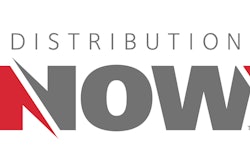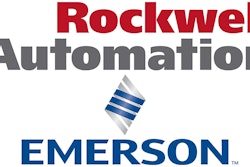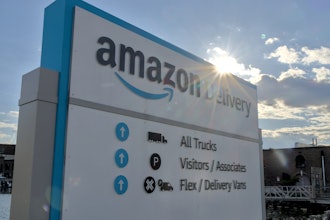Amazon has been dominating the weekly market news on Industrial Distribution with increasing frequency. Any time the e-commerce beheamoth announces a new development for its B2B unit or provides a status update about it, the ID audience jumps on it with keen interest. And they should. Amazon hasn't been coy about its intentions to take a large chunk of the industrial products market share, and it certainly has the scale to do it.
Amazon Business recently expanded service to Japan and India, marking the fourth and fifth countries it's now available for. And on Oct. 24, Amazon made major waves with the announced launch of Amazon Business Prime — which grants subscribers free two-day shipping for all users on an Amazon Business account.
Industrial distributors are right to be leary of Amazon, and for large distributors — such as those in the upper half of ID's Big 50 List — it makes more sense to view Amazon as a competitor, as opposed to small and middle-market distributors that can more easily utilize Amazon has an additional sales channel.
One of those large distributors keeping a close eye on Amazon is Motion Industries — No. 6 on the Big 50 — which recently reported a strong fiscal third quarter that included year-over-year sales growth of 7.1 percent and a 10.6 percent increase in operating profit. At the end of August, I visited Motion Industries' Birmingham, AL headquarters, where I was able to have a sit-down interview with company president Tim Breen. Along with discussing the company's acquisition strategy — Motion announced Oct. 19 that it is acquiring Apache Hose & Belting — the impact of Hurricane Harvey and the general state of the company, Breen had plenty to say about Amazon and its role in the industrial products marketplace.
Overall, Breen noted Amazon's undeniably growing presence, while providing unwavering confidence in Motion's ability to hold it's own as an industrial products and services provider.
"We’ll never underestimate Amazon. They’re a brilliant company," Breen told me. "(Jeff) Bezos is a really well-thought person. He plans to fail, and knows he’ll succeed on some things. Some of us have to take a page or a chapter out of that book.
"I look at Amazon as making us, as a distributor, better. It forces you to be better. It also reinforces why we at Motion is the largest in the business today. It’s because we are providing that expertise, that experience and that technical knowledge. I can’t say where Amazon’s going to go long-term, but I know where we’re going. We’re going to be that experience the customer needs, because they’re losing it more rapidly than anybody and they’re going to need someone who’s not just selling them a part number. That’s where we’re going today. Do we sell just plain-old products? Absolutely, but that’s not our focus. It’s not just about the products, it’s about the connectivity."
For years — going back to the AmazonSupply days before Amazon Business launched in April 2015, Industrial distributors have cited their service level as their key advantage over Amazon. And until Amazon acquires a company that provide the services of leading distributors — if it ever does — that will remain the case.
But according to Breen, Motion's advantages over both Amazon and competing large distributors go deeper than just service level.
"We’ve been fortunate to have our own operating system. If you look at the publicly traded companies, you’ll quickly find that Motion is 30-40 percent more productive per employee," he said. "And that’s because of our operating system, our attention to detail and efficiency. Those are the things you’re going to need to compete with someone like an Amazon and all the others that are coming or all already here."
Three of the largest industrial distributors — Grainger, HD Supply and MSC Industrial Supply — have publicly stated the e-commerce portion of their business. Sixty percent of Grainger's 2016 total sales happened online, and CEO D.G. Macpherson expects that figure to surpass 80 percent by 2022. HD Supply also did 60 percent of 2016 sales via e-commerce, and MSC's 2017 third quarter fiscal report showed likewise that 60.4 percent of sales were done online. Breen stopped short of saying exactly what percentage of Motion Industries' sales come via e-commerce, but he did put it in perspective.
"When you look at that e-commerce figure and you hear that from others out there, they’re talking about total e-commerce," he said. "They’re not talking about you the user going online and buying something. They’re talking about punch-out, EDI, all of those things. With that, it’s a good-size number for us. Certainly not in the range of what a Grainger does, but it’s safe to say it’s certainly north of 15 to 20 percent of our business, and it’s growing."
As an avid sports fan, I hear the following saying all the time: "Respect everyone, but fear no one." That was the vibe I got from Breen in Birmingham, and seems to be the appropriate mindset for large distributors in respect to Amazon. Another popular phrase coaches use is "Control what you can control, and the rest will take care of itself." That is also very applicable here, and another notion Breen touched on.
"We’re going to work out plan. We certainly keep our eyes wide open," he said. "We’re very interested in what Amazon is doing. We listen to the voice of the customer and what’s important to them. We’re trying to stay focused on the things customers think make us different and why they want to do business with us. Our ultimate goal is to be easy to do business with, and easy on every platform they want — electronically or other."






















